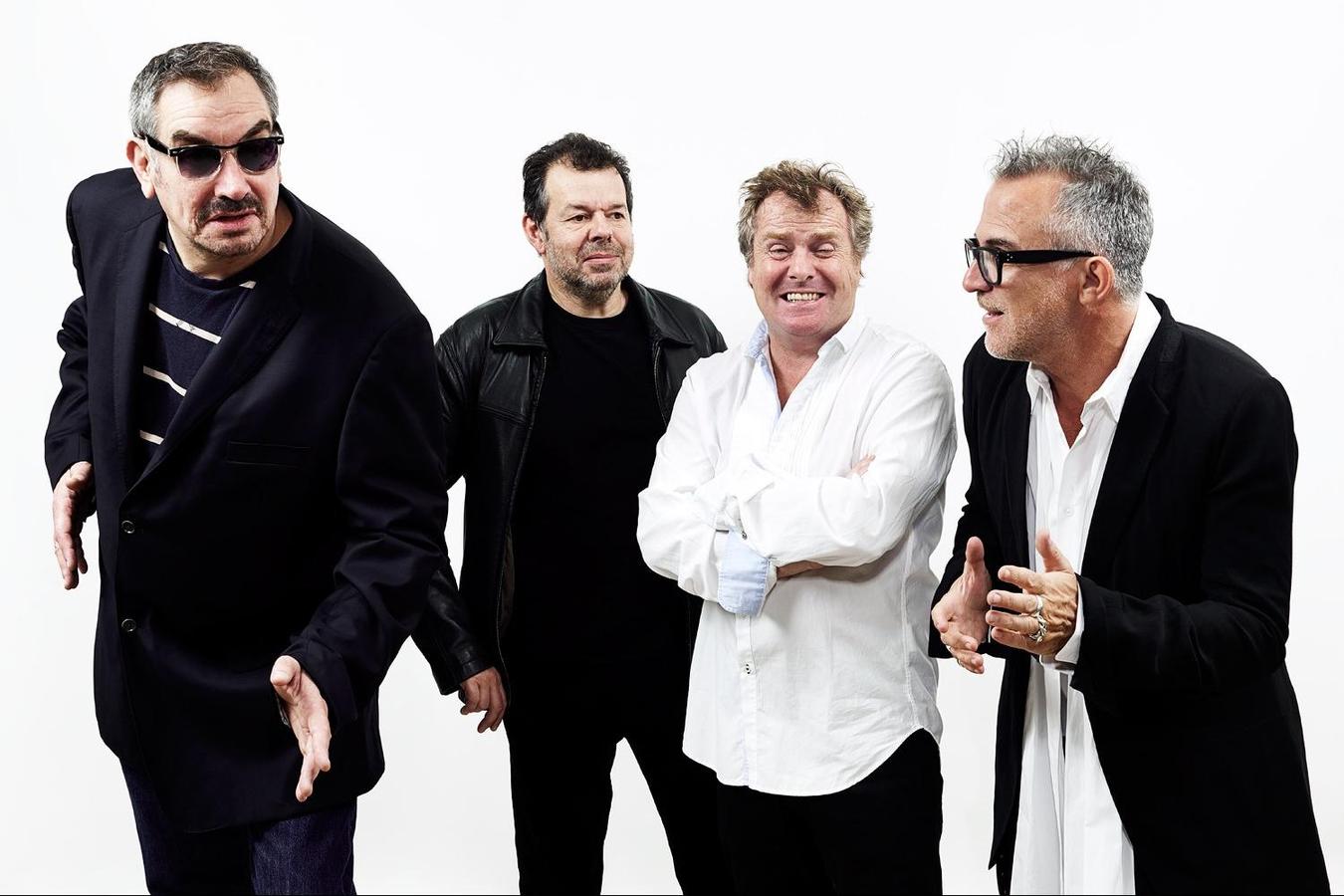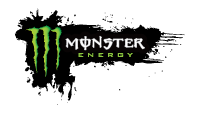“They paved the way for Fugazi's politicized dissonance, Massive Attack and Nine Inch Nails' larger-than-life soundscapes, and the dancefloor-friendly art-rock moves of contemporary bands like Yeah Yeah Yeahs and Liars.” Rollingstone.com 2014
Post punk provocateurs The Pop Group have announced details of the release of their first album in 35 years. Citizen Zombie, produced by the much-acclaimed Paul Epworth, will be released through Freaks R Us on Monday February 23rd 2015.
The album, featuring original members Mark Stewart (lyrics / vocals), Dan Catsis (bass), Gareth Sager (guitar) and Bruce Smith (drums), was recorded at various locations over the last two years and finished in late summer 2014 at Epworth’s studio in Crouch End, London.
On working with Epworth, Mark Stewart commented, “From his work with Phones onwards, I’ve loved his work and think he’s one of the world’s best producers. He gave us the freedom...
Show the rest
“They paved the way for Fugazi's politicized dissonance, Massive Attack and Nine Inch Nails' larger-than-life soundscapes, and the dancefloor-friendly art-rock moves of contemporary bands like Yeah Yeah Yeahs and Liars.” Rollingstone.com 2014
Post punk provocateurs The Pop Group have announced details of the release of their first album in 35 years. Citizen Zombie, produced by the much-acclaimed Paul Epworth, will be released through Freaks R Us on Monday February 23rd 2015.
The album, featuring original members Mark Stewart (lyrics / vocals), Dan Catsis (bass), Gareth Sager (guitar) and Bruce Smith (drums), was recorded at various locations over the last two years and finished in late summer 2014 at Epworth’s studio in Crouch End, London.
On working with Epworth, Mark Stewart commented, “From his work with Phones onwards, I’ve loved his work and think he’s one of the world’s best producers. He gave us the freedom to create and, with his help, destiny rides again for The Pop Group.”
The Pop Group formed in Bristol in 1977 out of a sense of disenchantment with the increasing conservatism of punk.
Drawing on an eclectic range of influences from free jazz, conscious funk, heavyweight dub to avant-garde experimentalism, alongside contemporaries like Public Image Limited, This Heat and Throbbing Gristle, they were at the forefront of a musical period marked out by its ground-breaking innovation.
Socially conscious, their politically-charged lyrics boasted intellectual influences including Wilhelm Reich, situationism, French romanticism and the beat poets. Early gigs supporting kindred spirits Pere Ubu and Patti Smith led very quickly to headlining events such as the 1978 Electric Ballroom line-up of Nico, Linton Kwesi Johnson and Cabaret Voltaire.
In March of 1979 they debuted on Radar Records with single ‘She Is Beyond Good And Evil’. First album Y, produced by reggae titan Dennis Bovell, followed that April and was instantly hailed as a classic. Within 12 months they had set up their own Y label through Rough Trade and issued single ‘We Are All Prostitutes’, followed by their second album in March 1980. Drawing on a wide spectrum of influences ranging from Ornette Coleman, King Tubby and Funkadelic, to Debussy, Jacques Brel and Steve Reich, For How Much Longer Do We Tolerate Mass Murder? proved to be their final studio album, but the band did go on to share a 45 with the Slits, contributing the future-funk of ‘Where There’s A Will’.
The Pop Group released the archival We Are Time as a final statement before they imploded in 1980. Band members went on to other musical ventures including Rip, Rig & Panic and PiL, with Stewart pursuing both solo and collaborative projects, working closely with Adrian Sherwood at On U Sound.
Reforming in 2010, the group have played a number of festivals across the globe including All Tomorrow’s Parties, Summer Sonic and Primavera, and just recently completed a 7-date UK tour in support of the reissued We Are Time and new archival compilation Cabinet Of Curiosities.
Renowned music commentator Richard Williams, who had witnessed The Pop Group on their home turf of Bristol back in 1978, now enthused about their recent London date: “one of the most important British bands of the 1970s, the gig provided evidence of their continuing relevance…the good news is that they’re actually better at it than they used to be back in the day.”
Hide the rest












